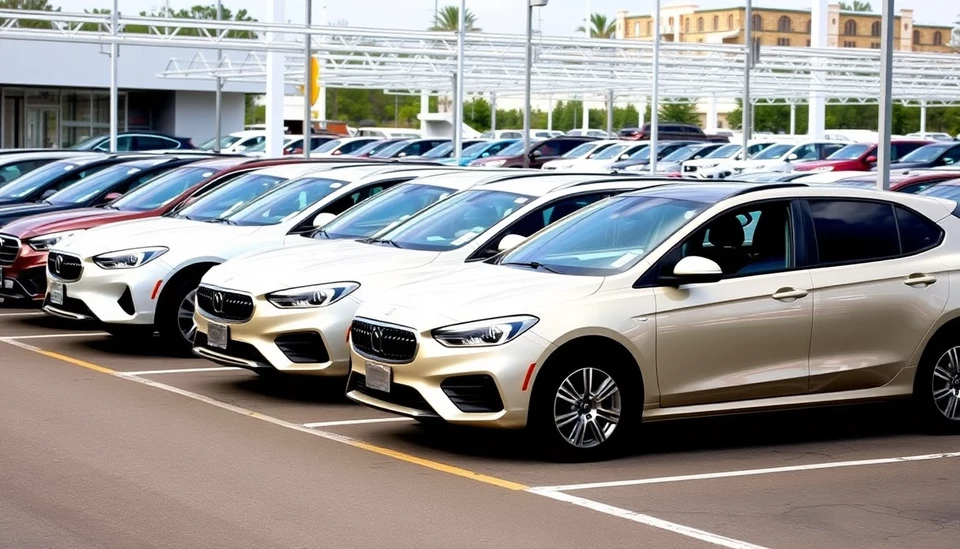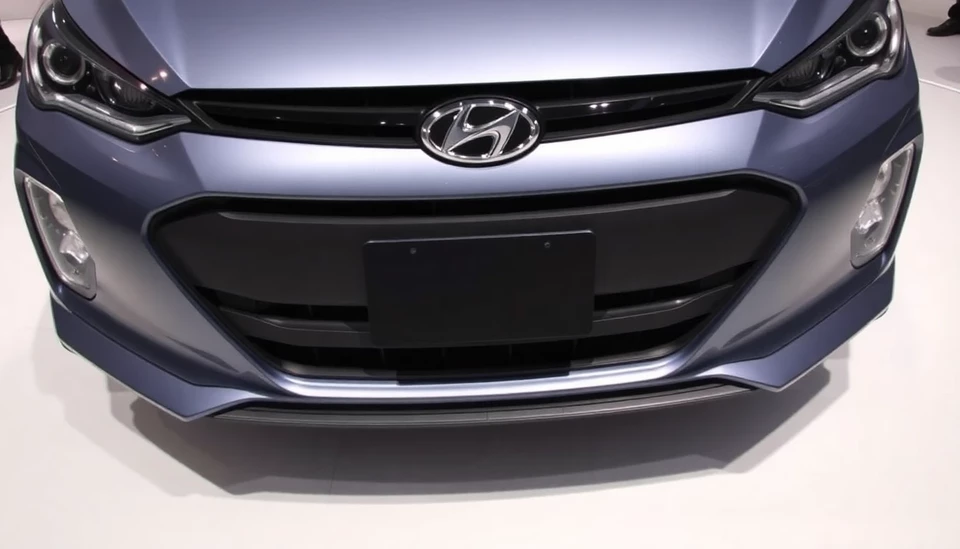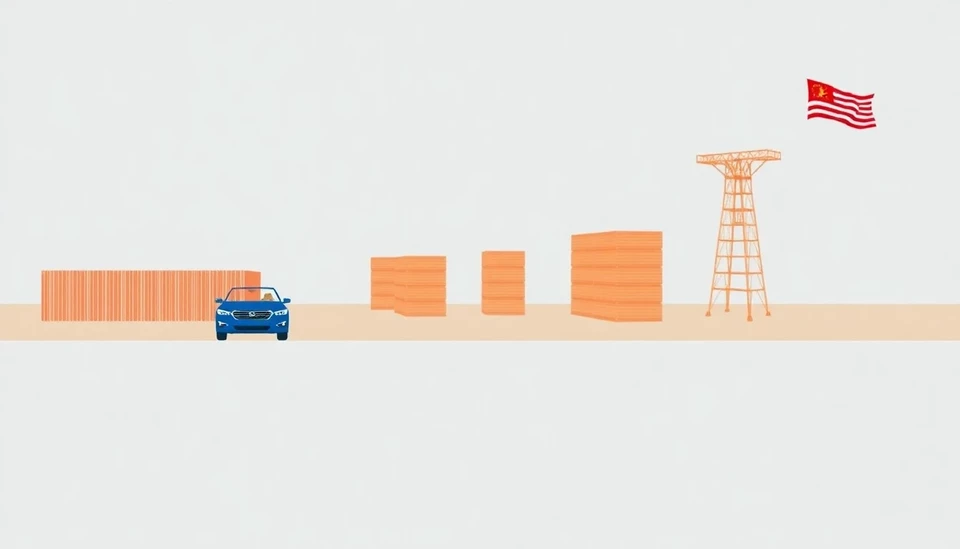
The automotive landscape is bracing for a significant price increase, with estimates suggesting that car prices could rise by as much as $3,000 due to the reinstatement of tariffs imposed during Donald Trump's presidency. This shift comes amidst ongoing discussions regarding trade policies and their ramifications for the auto sector, which is already grappling with supply chain disruptions and inflationary pressures.
Experts indicate that the renewed tariffs will primarily affect vehicles imported from foreign markets, particularly those that utilize steel and aluminum in their manufacturing processes. The auto industry, already under stress from rising material costs, is likely to pass these expenses directly onto consumers, resulting in pronounced retail price hikes just as the market begins to stabilize post-pandemic disruptions.
The tariffs, initially introduced as part of an effort to bolster domestic manufacturing jobs and curb the influx of foreign-made vehicles, have sparked considerable debate. Supporters argue that protecting American jobs is paramount, while critics contend that the burdens ultimately fall on consumers, making essential purchases significantly more expensive.
In a climate where consumers have already felt the pinch from rising interest rates and inflation, this potential $3,000 increase could deter many from making a purchase, further complicating the recovery of the automotive sector. Dealerships and manufacturers are closely monitoring the impact of these tariffs on consumer sentiment and market demand.
With the automotive industry striving to bounce back from the unprecedented challenges it has faced, including semiconductor shortages and logistical snafus, the reintroduction of tariffs comes as a critical juncture. Analysts predict that if these tariffs continue to escalate, the ramifications could extend beyond merely increased vehicle prices, possibly jeopardizing the fragile recovery of an industry that plays a significant role in the U.S. economy.
As discussions about trade and tariffs continue to evolve, stakeholders across the automotive landscape are calling for a reassessment of these policies. The focus now lies heavily on ensuring that the balance between protecting domestic interests and maintaining consumer affordability can be struck.
This situation highlights the interconnected nature of global trade and its direct consequences on everyday consumers. As policymakers deliberate the future of tariffs on the automotive industry, all eyes will remain fixed on how these changes will materialize, and what they will mean for American car buyers in the lead-up to the busy buying season.
In summary, the potential rise in car prices linked to renewed tariffs serves as a reminder of the complexities surrounding trade policies and their impact on consumers and manufacturers alike. The question now remains: will this lead to a fundamental shift in the American automotive market, or is it simply a temporary hurdle in the road to recovery?
#CarPrices #TrumpTariffs #AutoIndustry #TradePolicy #ConsumerImpact #AutomotiveNews
Author: John Harris




